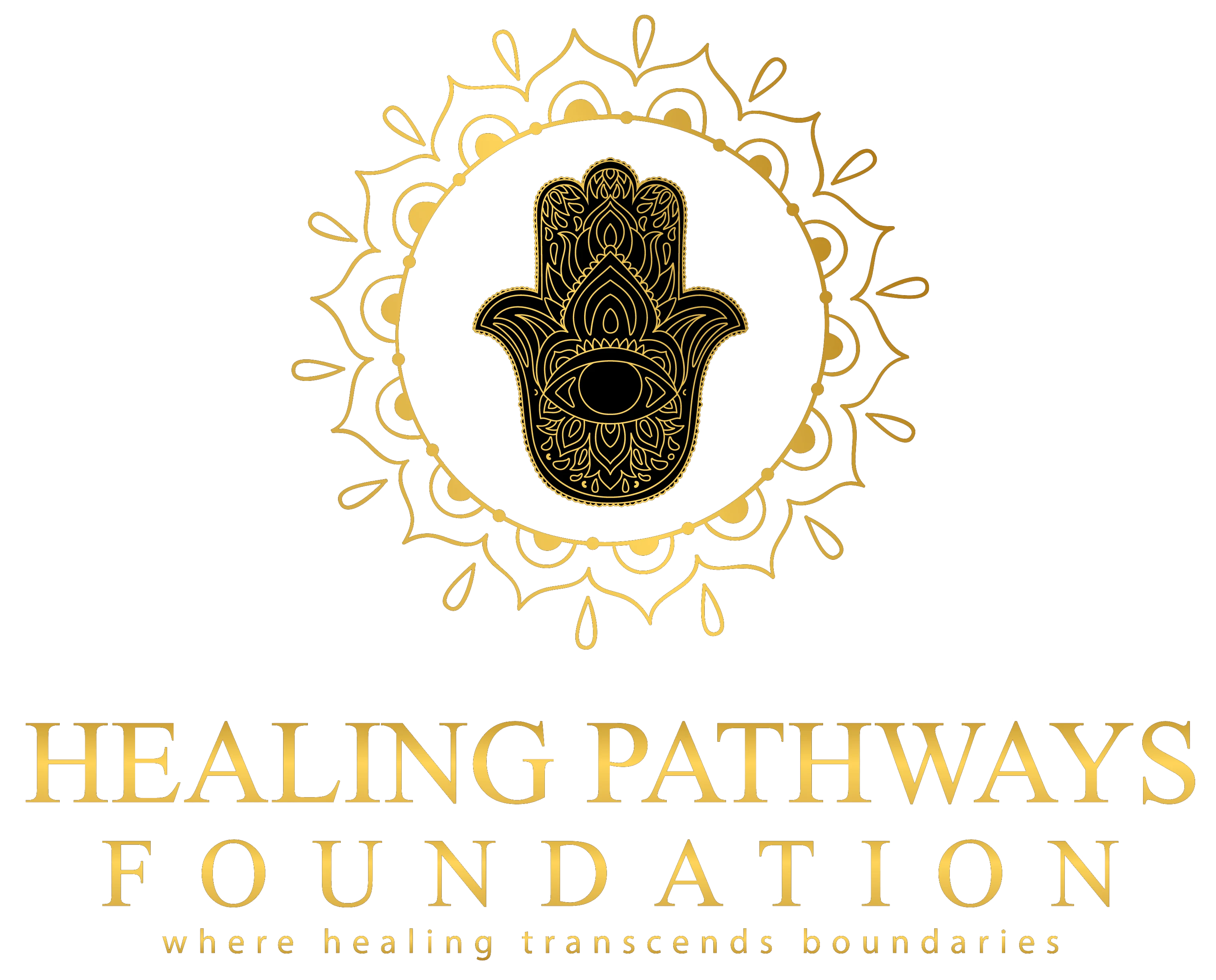In the vast landscape of integrative medicine and cancer care, aromatherapy emerges as a powerful and versatile modality, offering holistic support and symptom relief for patients navigating the complexities of treatment. Recent insights have shed light on its therapeutic potential, revealing profound benefits and applications in cancer care. This exploration paves the way for a deeper understanding of aromatherapy’s role in enhancing well-being during treatment, promising a more comprehensive approach to patient care.
The Science Behind Aromatherapy
At the core of aromatherapy lies the intricate interplay between pure aromatherapy and healing. Katie shres her experience and training, she sheds light on the science behind aromatherapy’s effectiveness. “Inhaling essential oils prompts a synergistic response within the body, impacting the limbic system, which regulates memory and immune functions. This natural connection enables mood modulation, alleviation of nausea, and improvement of overall well-being. It provides comfort amidst the physical and emotional strains of cancer treatment.
Tailoring Treatment for Individual Needs
Expanding the Oncology Paradigm: Embracing Holistic Cancer Care
“Oncologists are trained in disease management only…they have a very narrow window of what they’re trained in.”
This presents a problem in oncology: doctors mainly focus on diagnosing and treating cancer, leaving little room for other aspects of careit is important to expand cancer treatment to include holistic therapies, such as aromatherapy, as well as lifestyle changes. By doing this, patients can get more support during their cancer journey, focusing not just on curing the disease but also on improving their overall well-being and quality of life.
The Power of High-Quality Essential Oils
In the pursuit of optimizing the therapeutic benefits of aromatherapy, the quality of essential oils cannot be overstated. Utilizing high-quality, pure essential oils ensures that patients receive the maximum potency and efficacy from their aromatherapy treatments. It’s important to source essential oils from reputable suppliers who adhere to strict quality control measures and ethical production practices. By prioritizing the use of pure and unadulterated essential oils, healthcare professionals can instill confidence in patients regarding the safety and effectiveness of aromatherapy as a complementary modality in cancer care.
The exploration of aromatherapy’s role in cancer treatment offers a glimpse into a more holistic approach to patient care. As we unlock the healing potential of aromatherapy, we uncover profound benefits and applications that promise to enhance the well-being of patients navigating the complexities of cancer treatment. By embracing complementary modalities like aromatherapy and incorporating personalized treatment plans tailored to individual needs, we can broaden the scope of cancer care, providing patients with comprehensive support that addresses not only the disease but also their emotional, psychological, and overall well-being. As we continue to expand the oncology paradigm to embrace holistic approaches, we move towards a future where patients are empowered to actively participate in their healing journey, fostering a greater sense of empowerment, resilience, and hope in the face of cancer.


